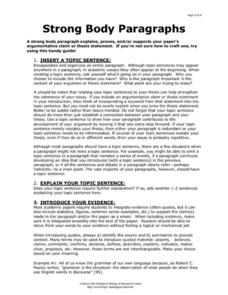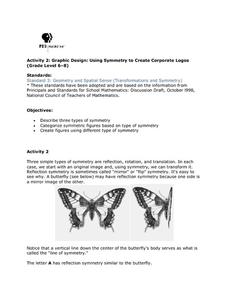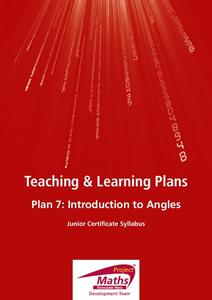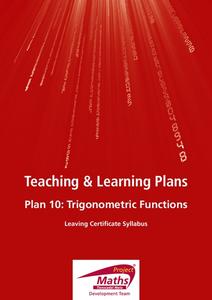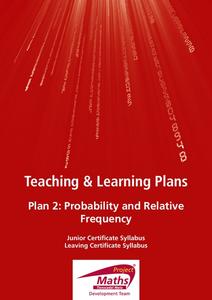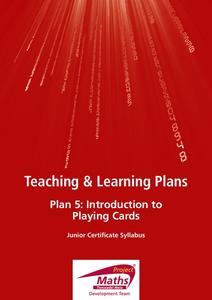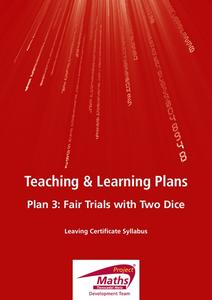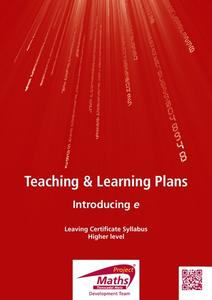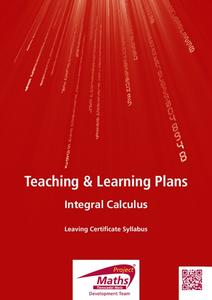Curated OER
ASL: Lesson 20
Teach it, learn it, communicate with it. ASL is at your fingertips with this sign language series. Lesson 20 focuses on classifiers, descriptive vocabulary, and asking questions. Each blue link on the page takes you to an image or video...
Curated OER
Soccer - Skeleton Outline
This instructional activity goes directly along with a PowerPoint presentation called - Soccer Notes. You can find it on our Lesson Planet website. The class can take notes on the instructional activity as the teacher shows the...
Curated OER
Basketball - Hoops - Team Sports 2
Hoopsters! Looking for something to use to teach your hoopsters a bit about the game of basketball? Use this very comprehensive PowerPoint to teach everything from the history of the sport, to skill techniques, to game plays. Included...
Curated OER
Choral Counting II
Using a number line or a 100s chart that extends past 100, practice counting from 1 to 120 with your class. As a part of daily instruction, chant count in sequence from 1 to 100 and then randomly chose a number and count onward to 120....
Exploratorium
Cheshire Cat
Divide your field of vision in two and see what happens when your two eyes behold two different scenes! This is a way to demonstrate to body-systems buffs how the two eyes usually blend pictures to create a three-dimensional view. This...
Odegaard Writing & Research Center
Strong Body Paragraphs
Here's a handy, seven-step guide to crafting good paragraphs in support of a claim. The steps are clearly explained and examples provided.
Calloway County Schools
Dialogue Rules, Worksheet, and Writing Assignment
Punctuating dialogue properly can be tricky, but your pupils can become punctuation masters with practice. This resource includes an explanatory page that describes the rules of writing dialogue and provides examples. On the second page,...
PBS
Using Symmetry to Create Corporate Logos
Young mathematicians investigate the use of symmetry in graphic design. After first learning about reflection, translational, and rotational symmetry, children use this new knowledge to identify symmetry in letters of the alphabet and...
Vita Education Services
Past Continuous Game
Your pupils were studying the past continuous when you realized that they could benefit from this game! Learners roll a die and complete the sentence they land on. They will have a chance to begin and end sentences.
Project Maths
Introduction to Trigonometry
The topic of trigonometric ratios is often covered with loads of rote memorization baked into the activity. This activity set, however, leans more on using similar triangles and discovery learning to help young geometers develop a deeper...
It's About Time
Our Community's Place Among the Stars
But isn't the Milky Way a candy bar? Lead a detailed discussion on the complex topic of our solar system and the Milky Way Galaxy as the class explores stellar evolution, structure, and investigates the relationship between luminosity...
Vanier College
Analyzing Short Stories/Novels
Good questions can help focus readers' attention on the elements writers use to add depth to their stories. The questions on this worksheet do just that and encourage readers to think critically about a story and author's purpose.
Project Maths
Introduction to Angles
Approach the instructional activity from the right angle. A discussion-based instructional activity leads helps learners understand angles in terms of rotation. Individuals use manipulatives to explore the properties of angles and learn...
Project Maths
The Unit Circle
It's not just any circle—it's the unit circle. The fourth activity in the series is an introduction to the famous unit circle. While working through a series of activities, young scholars learn the components of the unit circle and how...
Project Maths
Trigonometric Functions
From a circle to a cycle! The final instructional activity of a five-part series challenges learners to use points from the unit circle to plot a repeating pattern. The repeating patterns become the graphs of the trigonometric functions....
Project Maths
Introduction to Probability
Take a chance with an activity sure to improve your class's skills. An introductory lesson focuses on probability and chance. It shows how probability is always a value between zero and one, i.e., the probability of an event is always...
Project Maths
Probability and Relative Frequency
It's all relatively simple once you get the gist. Young mathematicians learn about sample spaces and simple probability by conducting an activity with dice. To complete the second of six parts in the Statistics and Probability unit, they...
Project Maths
Introduction to Playing Cards
A fun, engaging lesson is definitely in the cards for your future. Pupils explore a deck of playing cards in the fifth of six parts in the Statistics and Probability series to learn about its suits and the number of each card type. They...
Project Maths
Outcomes of Coin Tosses
Flip a coin: heads, use the resource; tails, use the resource. The fourth of six installments of the Statistics & Probability unit looks at coin tosses and probability. The class conducts an experiment and sees that the outcomes of...
Project Maths
Fair Trials with Two Dice
Life's not fair, but dice games should be. After playing a two-person game with a pair of dice, scholars investigate the fairness of the game. They consider the number of possible outcomes using the fundamental counting principle and...
Project Maths
Correlation Coefficient
Of course, there might be a correlation! Young mathematicians investigate several different data sets, create scatter plots, and determine any correlation. They consider whether a causation exists between any of the variables in question.
Project Maths
Introduction to e
First there was pi and now there's e. A discovery-based lesson helps learners find a pattern in compound interest as the compounding period changes. Their investigation results in the discovery of the number e. The lesson is the first in...
Project Maths
Introduction to Calculus
Don't let your class's heart rates rise as you introduce them to differentiation ... an inquiry-based lesson helps them keep it in check! The second lesson in a three-part series asks learners to analyze the rate of change of different...
Project Maths
Integral Calculus
From derivatives to antiderivatives and back again. Building on the second lesson of the three-part series covering functions, learners explore the concept of an antiderivative. They connect the concept to the graph of the function and...







